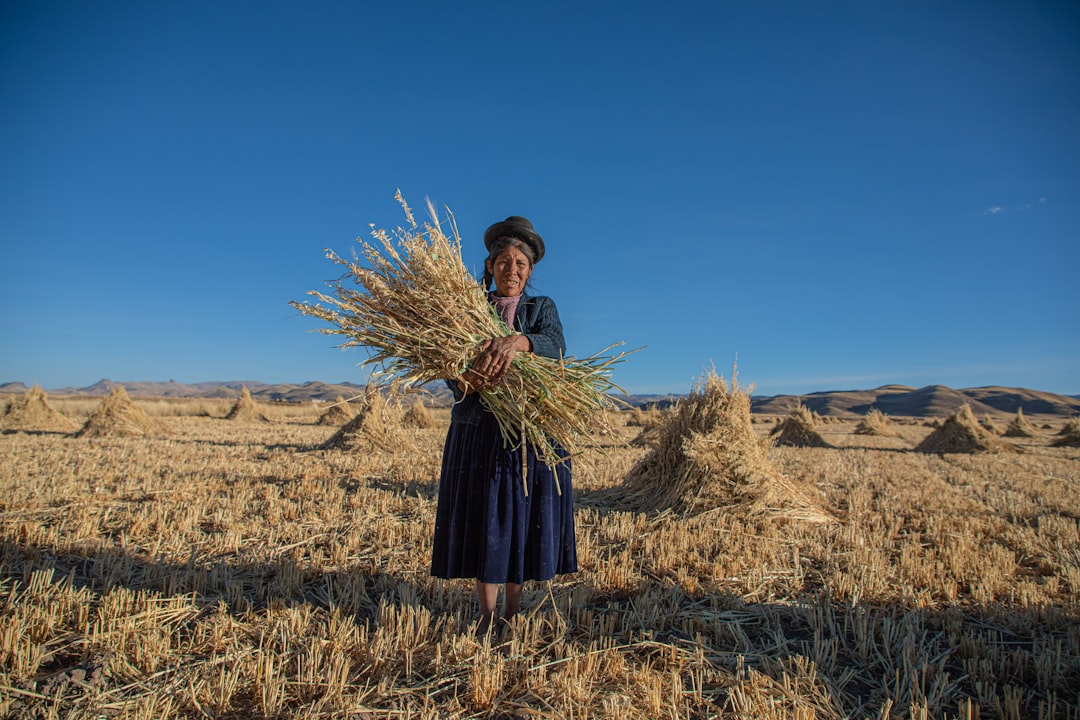What is it about?
There is a relative lack of material evidence for the Bronze-Iron Age transition on Cyprus because scholarly attention has focused more on the preceding Late Bronze Age and on the subsequent Cypro-Archaic period. As more, and more varied, data have accumulated, there have been calls for a theoretically informed approach to reconsider this transition and the social changes involved. The present study therefore considers a broad range of archaeological and documentary evidence, attempts to reconstruct the political economy, and proposes some social interpretations of this contentious period. We conclude that, while the enduring realities of Cyprus—its geography, copper resources and long agricultural traditions—continued to shape Cypriot culture, the Iron Age is not simply a continuation of its Bronze Age sociopolitical forms. We argue instead that the island's earliest Iron Age inhabitants had to negotiate new political and economic agendas in response to changing conditions in the Iron Age eastern Mediterranean.
Featured Image

Photo by Hert Niks on Unsplash
Read the Original
This page is a summary of: Resilient Social Actors in the Transition from the Late Bronze to the Early Iron Age on Cyprus, Journal of World Prehistory, December 2021, Springer Science + Business Media,
DOI: 10.1007/s10963-021-09163-7.
You can read the full text:
Contributors
The following have contributed to this page










